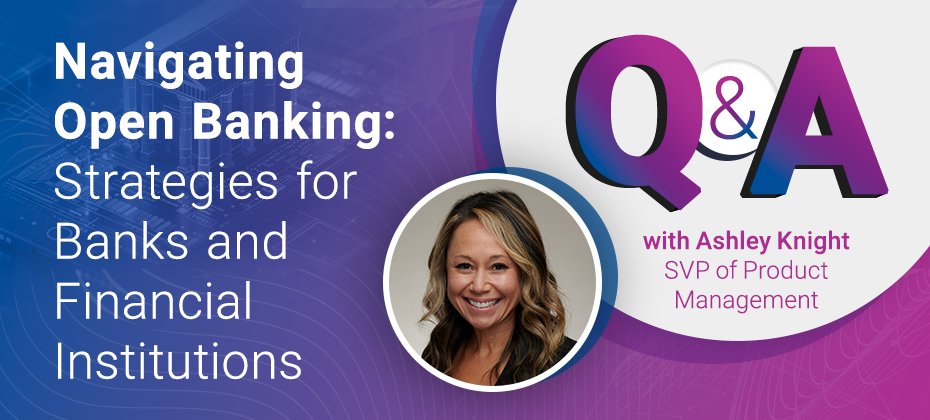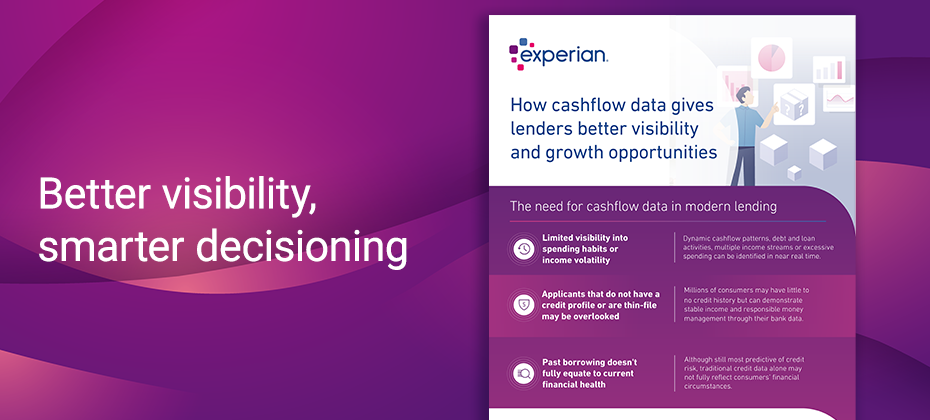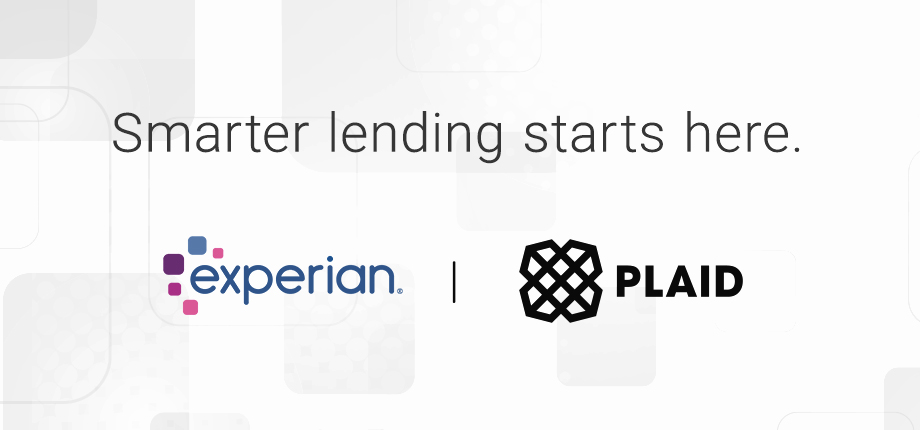
The open banking revolution is transforming the financial services landscape, offering banks and financial institutions unprecedented access to consumer-permissioned data. However, during our recent webinar, “Navigating Open Banking: Strategies for Banks and Financial Institutions,” over 78% of attendees stated that they do not currently have an open banking strategy in place.
This highlights a significant gap in the industry. By tapping into consumer-permissioned data, you can develop more personalized products, streamline credit decisioning, and improve overall customer engagement. With the right strategies, open banking offers a pathway to growth, innovation, and enhanced customer experiences.
Here’s a snippet from the webinar’s Q&A session with Ashley Knight, Senior Vice President of Product Management, who shared her perspective on open banking trends and opportunities.
Q: What specific analytic skill is the most important when working on open banking data?
A:The ability to parse and transform raw data, a deep understanding of data mining, experience in credit risk, and general modeling skills to improve underwriting.
Q: What lessons did the U.S. learn from the experience of other countries that implemented open banking?
A:The use cases are common globally; typical uses of open banking data include second-chance underwriting to help score more consumers and customer management, which involves assessing cashflow data to leverage on an existing portfolio (first-party data). This can be used in various ways, such as cross-sell, up-sell, credit line increase, and growing/retaining deposits.
Q: Does Experian have access to all a consumer’s bank accounts in cases where the consumer has multiple accounts?
A:Data access is always driven by consumer permission unless the organization owns this data (i.e., first-party data). Where first-party data is unavailable, we collect it through clients or lenders who send it to us directly, having gained the proper consent. Yes, we can intake data from multiple accounts and provide a categorization and attribute calculation.
Q: Where does the cashflow data come from? Is it only credit card spending?
A:It includes all spending data from bank accounts, checking accounts, credit cards, savings, debit cards, etc. All of this can be categorized, and we can calculate attributes and/or scores based on that data.
Q: What is the coverage of Experian’s cashflow data, and how is it distributed across risk bands?
A:Cashflow data moves through Experian directly from consumer permissioning for B2B use cases or from institutions with first-party data. We perform analytics and calculate attributes on that portfolio.
Don’t miss the chance to learn from our industry leaders on how to navigate the complexities of open banking. Whether you are a seasoned professional or just starting to explore its potential, this webinar will equip you with the knowledge you need to stay ahead.
Meet our expert
Ashley Knight, Senior VP of Product Management, Experian
Ashley leads our product management team focusing on alternative data, scores, and open banking. She fosters innovation and drives financial inclusion by using new data, such as cash flow, analytics, and Experian’s deep expertise in credit.



